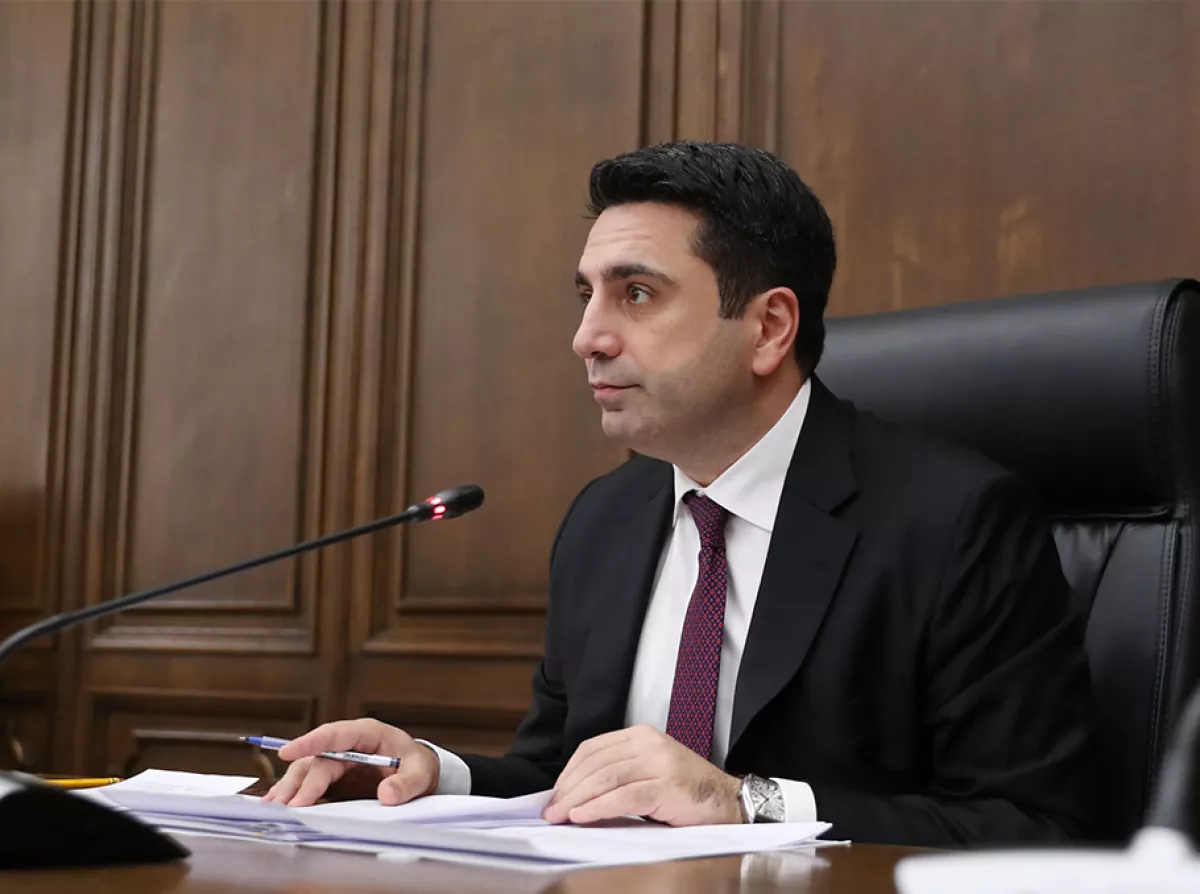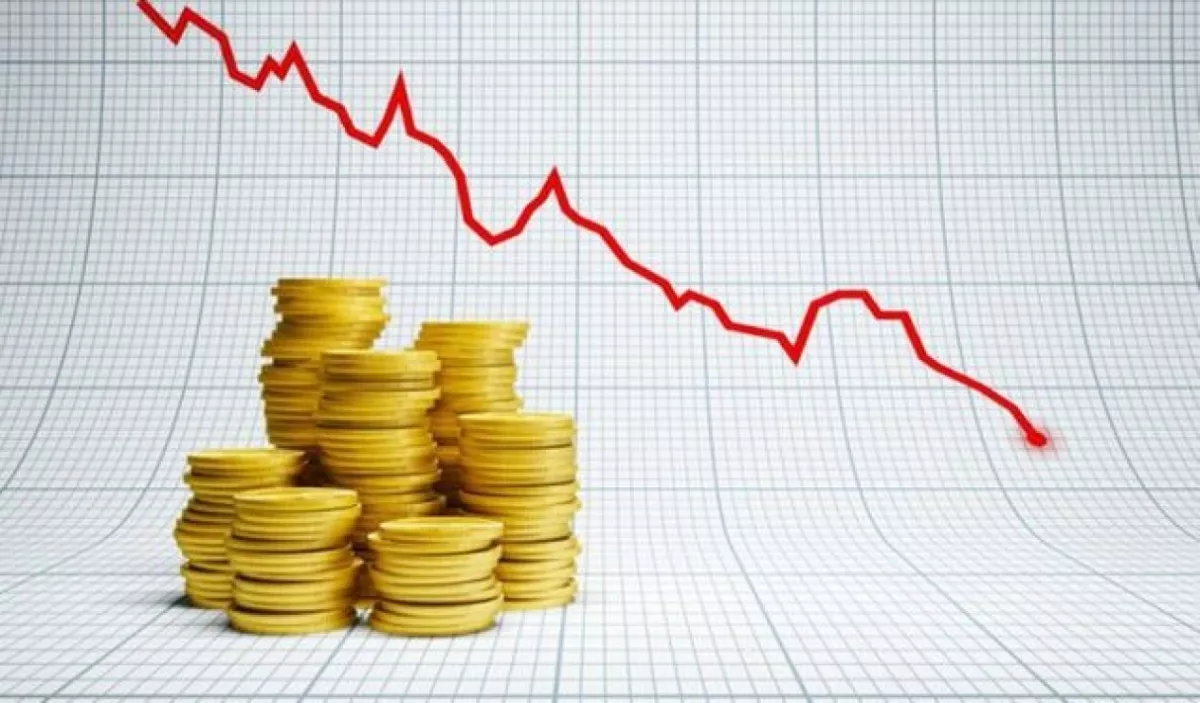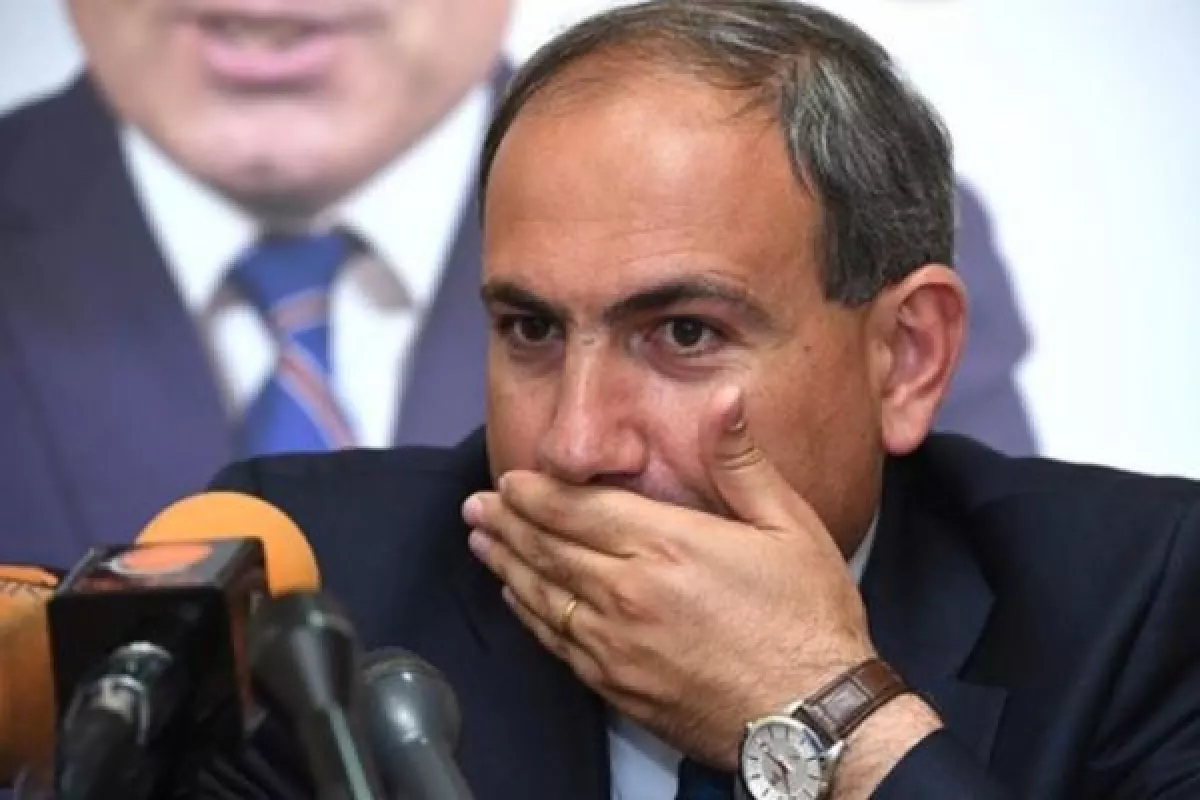Armenia in a pit of domestic political crisis: Causes and consequences Instability casts doubt on any agreements
Baku has repeatedly emphasised that a peace treaty must be concluded not with a specific political leader of Armenia, but with the Armenian state as a whole. At the same time, particular attention is drawn to the necessity of amending the Armenian Constitution, which contains territorial claims against Azerbaijan. These legitimate demands by Azerbaijan reflect official Baku’s understanding that Armenia is inevitably sliding into the abyss of domestic political instability with an outcome that is difficult to predict. And that is precisely what is happening.
"Today's polls also show that the ruling party is in first place and enjoys the highest level of public support… I'm confident that if elections were held this Friday, Civil Contract would win with 50% of the vote," the Speaker of the Armenian Parliament Alen Simonyan stated cheerfully and confidently this week.

He was, to put it mildly, mistaking wishful thinking for reality. The sociological data presented on May 6 by Aram Navasardyan points to a clear trend: the approval rating of Armenia’s ruling party, Civil Contract, continues to decline. Only 11.5% of respondents said they would vote for it in hypothetical parliamentary elections held this coming Sunday — a drop of 0.3% compared to the previous poll.
Against the backdrop of such low support, interest is growing in the causes, consequences, and potential alternatives on the political stage. There are several. Armenia continues to grapple with high unemployment, emigration, and a lack of investment. The economic reforms initiated by the ruling party are either stalling or proving insufficiently effective.
Let us turn to specific figures. As of the end of March 2025, Armenia’s public debt stood at nearly $13.6 billion. At the end of 2024, it was approximately $12.8 billion. As can be seen, the trend of rising public debt in Armenia remains steady and persistent.
In relation to GDP, this figure is approaching 50%. Meanwhile, Armenia’s foreign trade turnover in the first quarter of 2025 declined by 54.2% compared to the same period last year.

All these points contribute to the failure of Armenia’s leadership to resolve the economic problems into which the country has driven itself, effectively ending up in self-isolation. Unsurprisingly, this is reflected in the approval rating of the ruling party, which, to borrow a now-popular phrase, is showing a clear “negative growth.”
This is hardly surprising, given the public infighting involving members of the ruling party and the vague rhetoric of its leadership on key issues. The former champions of the “velvet revolution” are clearly unable to consolidate society, which in turn erodes public trust in the government.
And while no opposition party is showing a decisive lead— “Armenia” bloc (8%), the Republican Party of Armenia (3.7%), “Prosperous Armenia” (3.2%), and others enjoy only modest support—their combined total now exceeds 20%.
This lays the groundwork for a potential coalition. However, the fragmentation of the opposition camp hampers any real unification. It is evident that personal ambitions among party leaders and ideological differences are preventing the formation of a unified agenda.
At the same time, there is a strikingly high proportion of undecided and disengaged voters. According to the data, 5.5% of respondents do not intend to vote at all, 4.5% plan to spoil their ballots, 23.7% stated they would not participate, 6.4% refused to answer, and 18.5% were undecided.
The bottom line is that nearly 60% of the electorate shows no active support for any political force. This is not just a warning sign—it is a diagnosis.

What we are witnessing is a profound political pessimism that has gripped the majority of Armenian society. It reflects a deep fatigue with the same faces and empty promises, a colossal distrust in elections as a mechanism for change, and a lack of compelling alternatives—even to Nikol Pashinyan, whose government has failed on many fronts. This makes opposition forces equally unappealing to the disengaged electorate.
All of this further confirms what official Baku has repeatedly stressed: a peace agreement must be signed not with Pashinyan personally, but with the Republic of Armenia. The ruling party’s low approval and fragile standing undermine its mandate to sign any documents of historical consequence.
Only a broad domestic political consensus can ensure the durability of such agreements. For now, however, the situation remains unstable, and any deal struck solely with the sitting prime minister risks being contested by future political forces. That, in turn, could open the door to renewed conflict.








